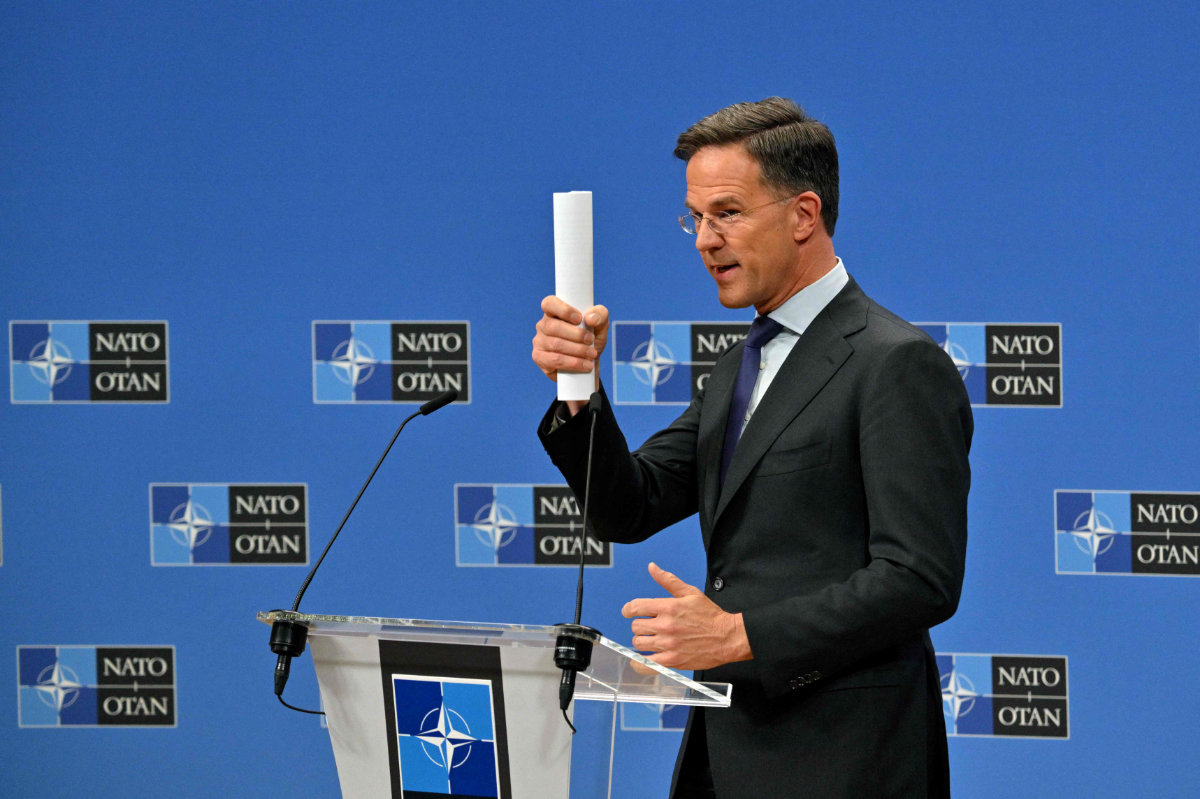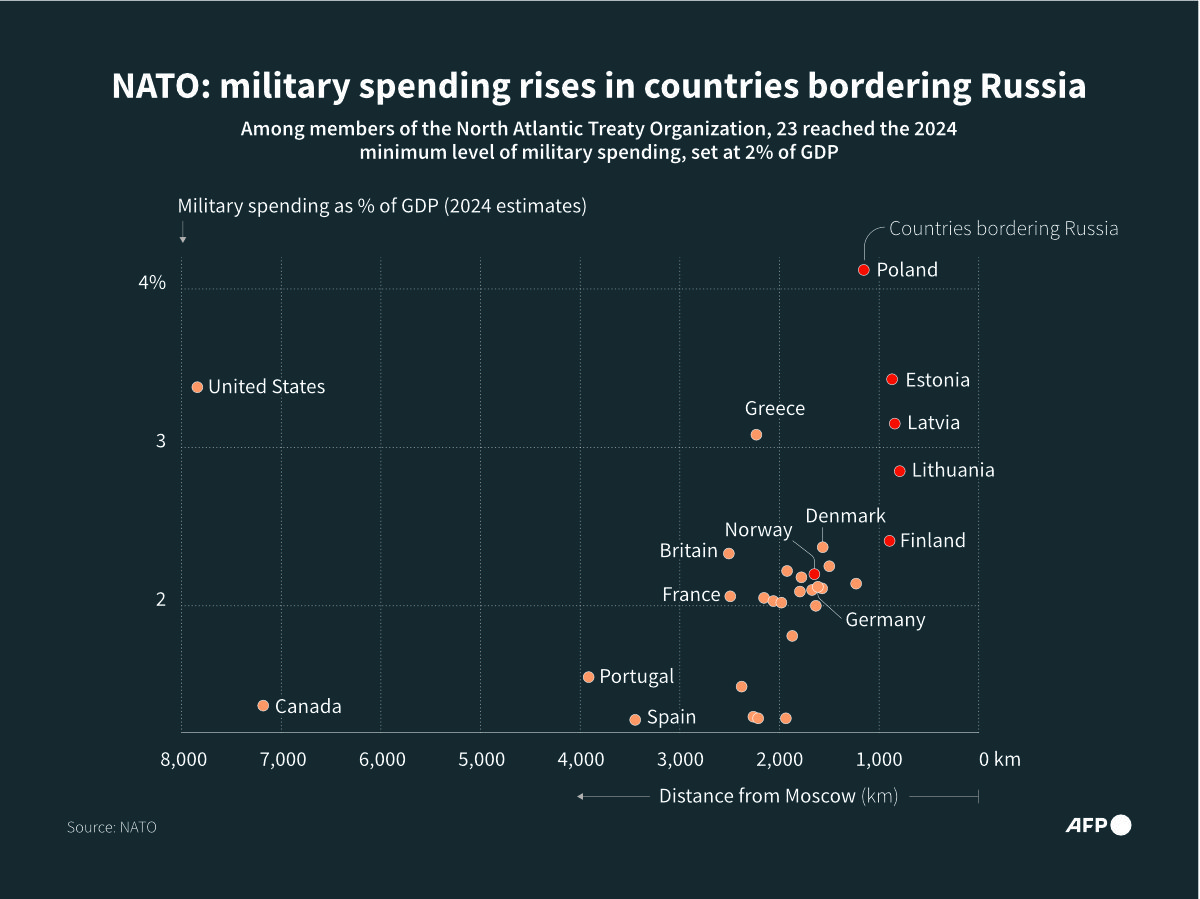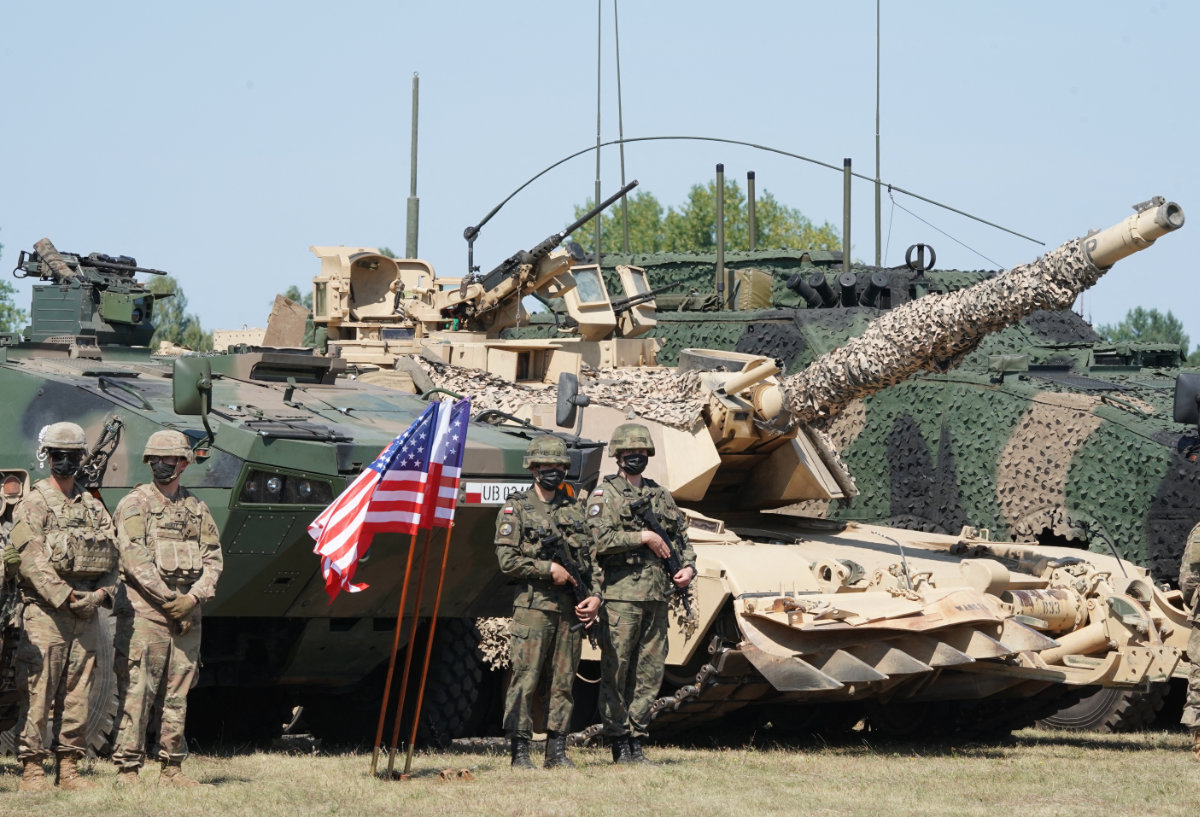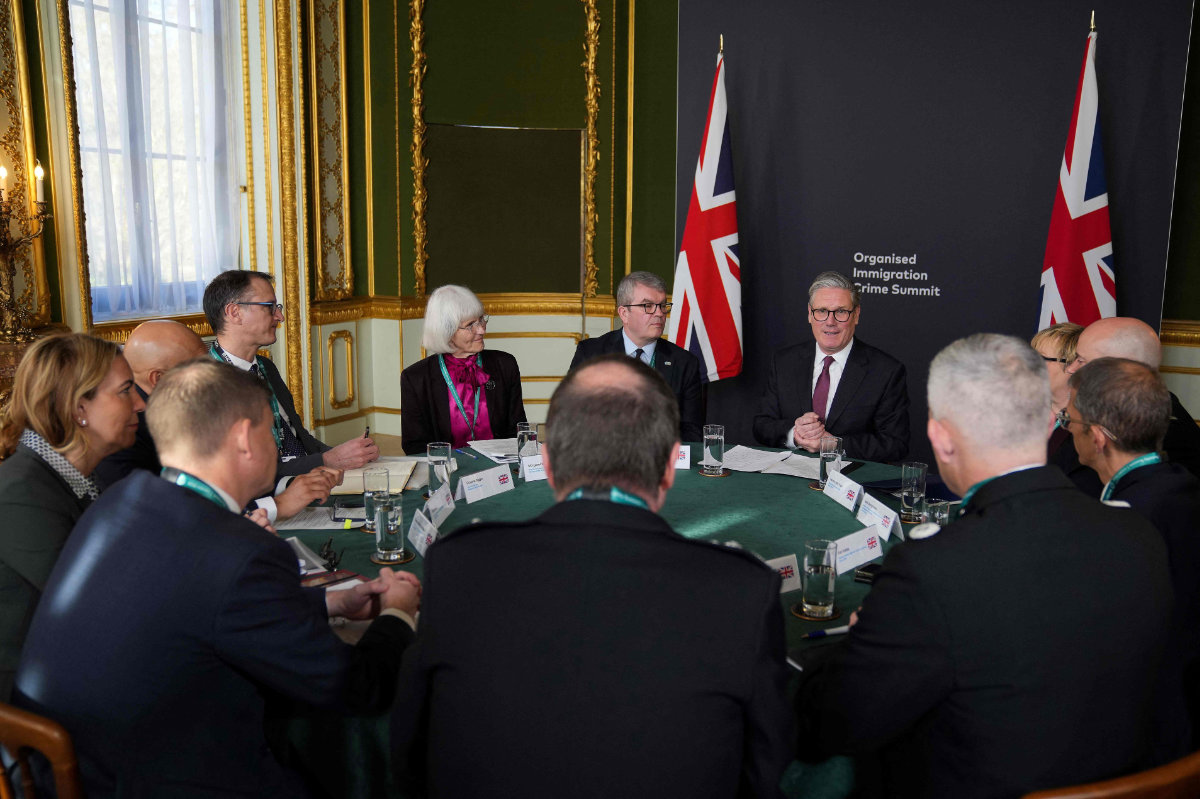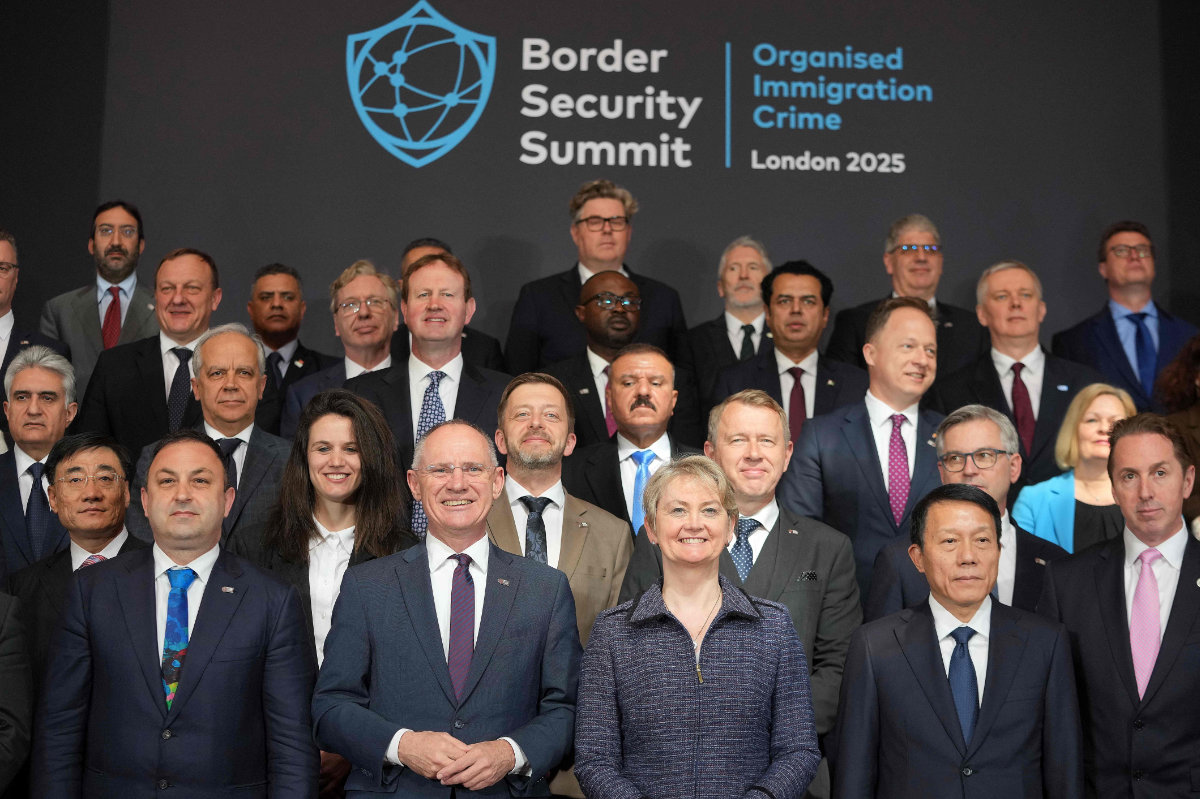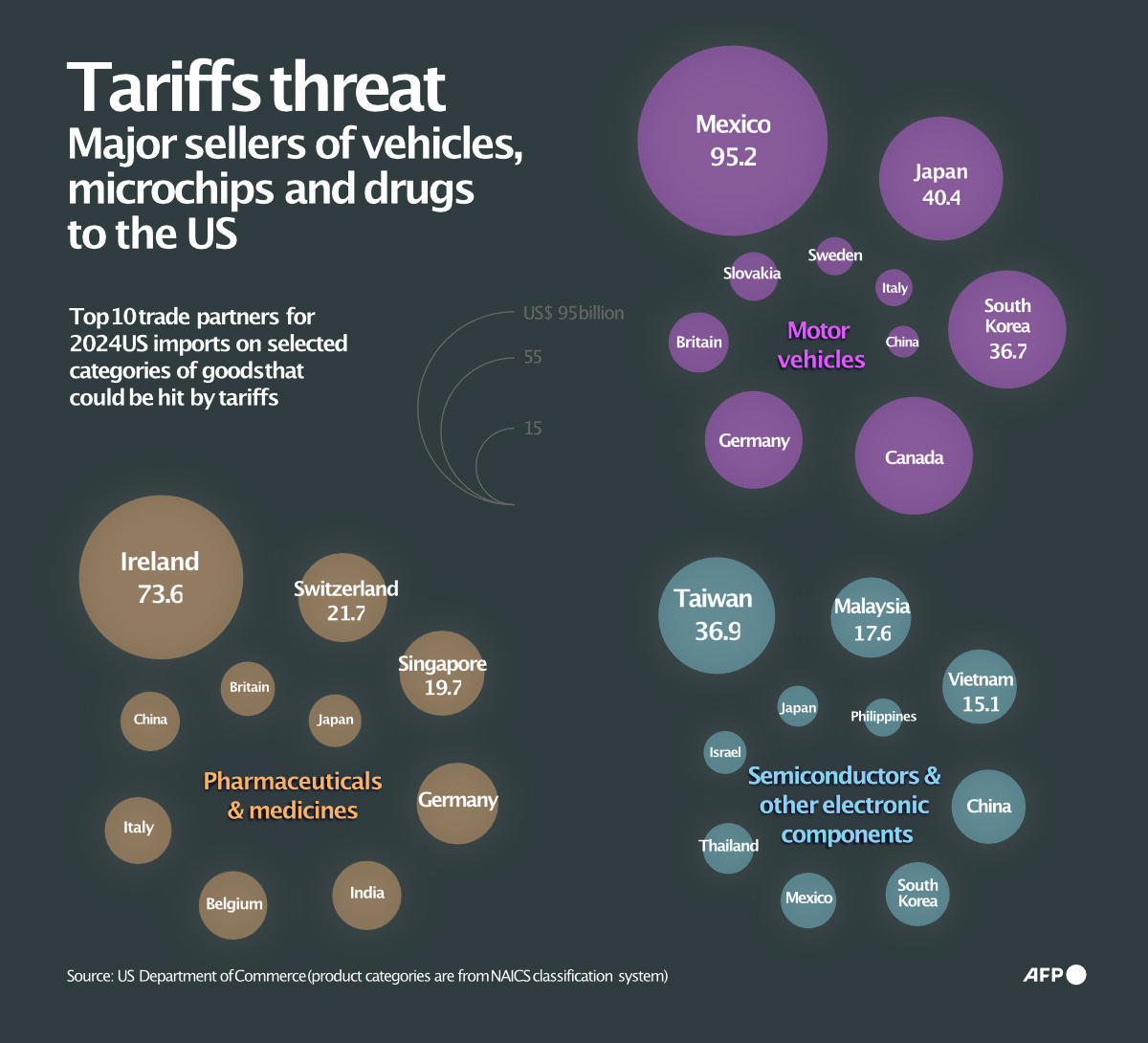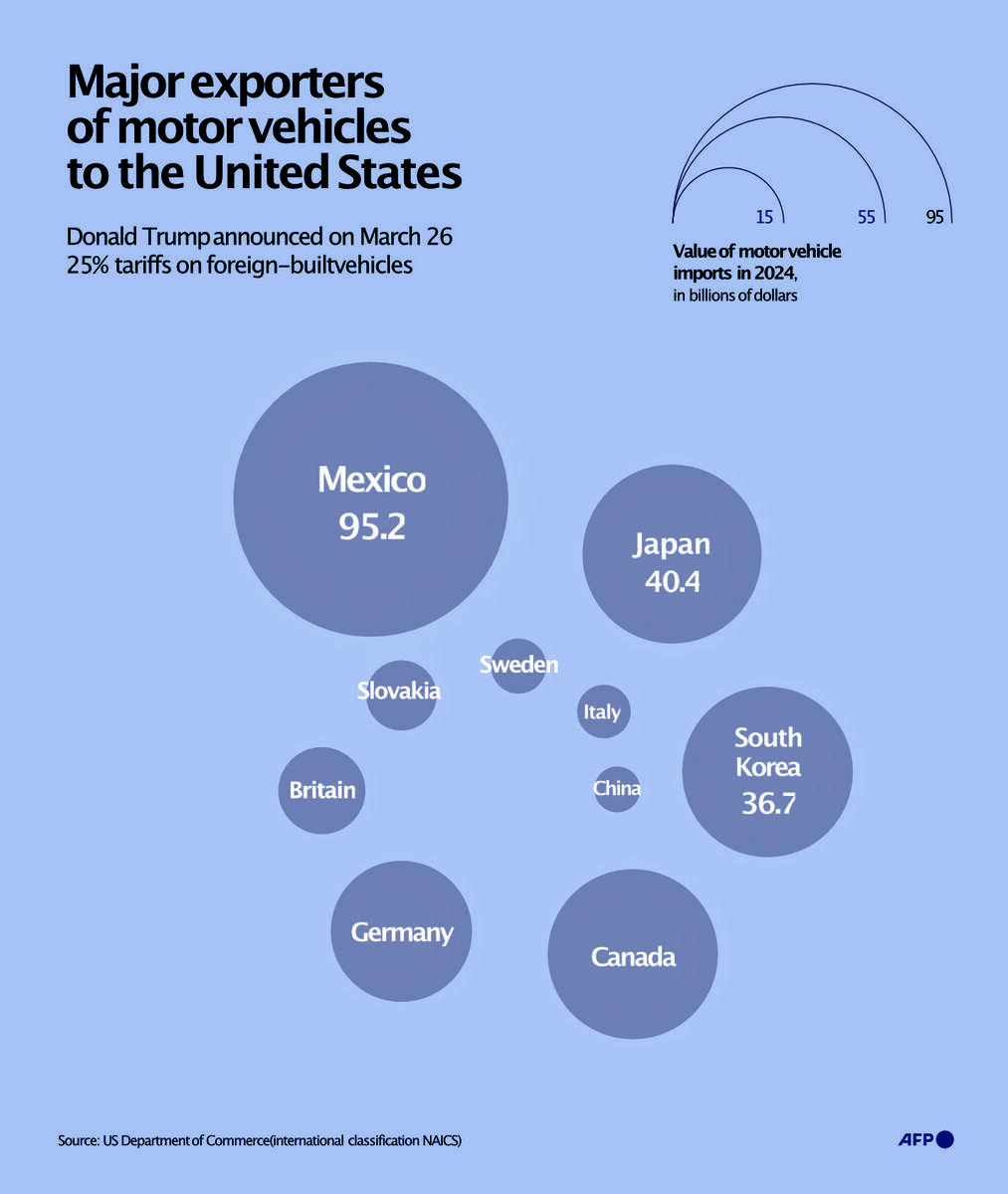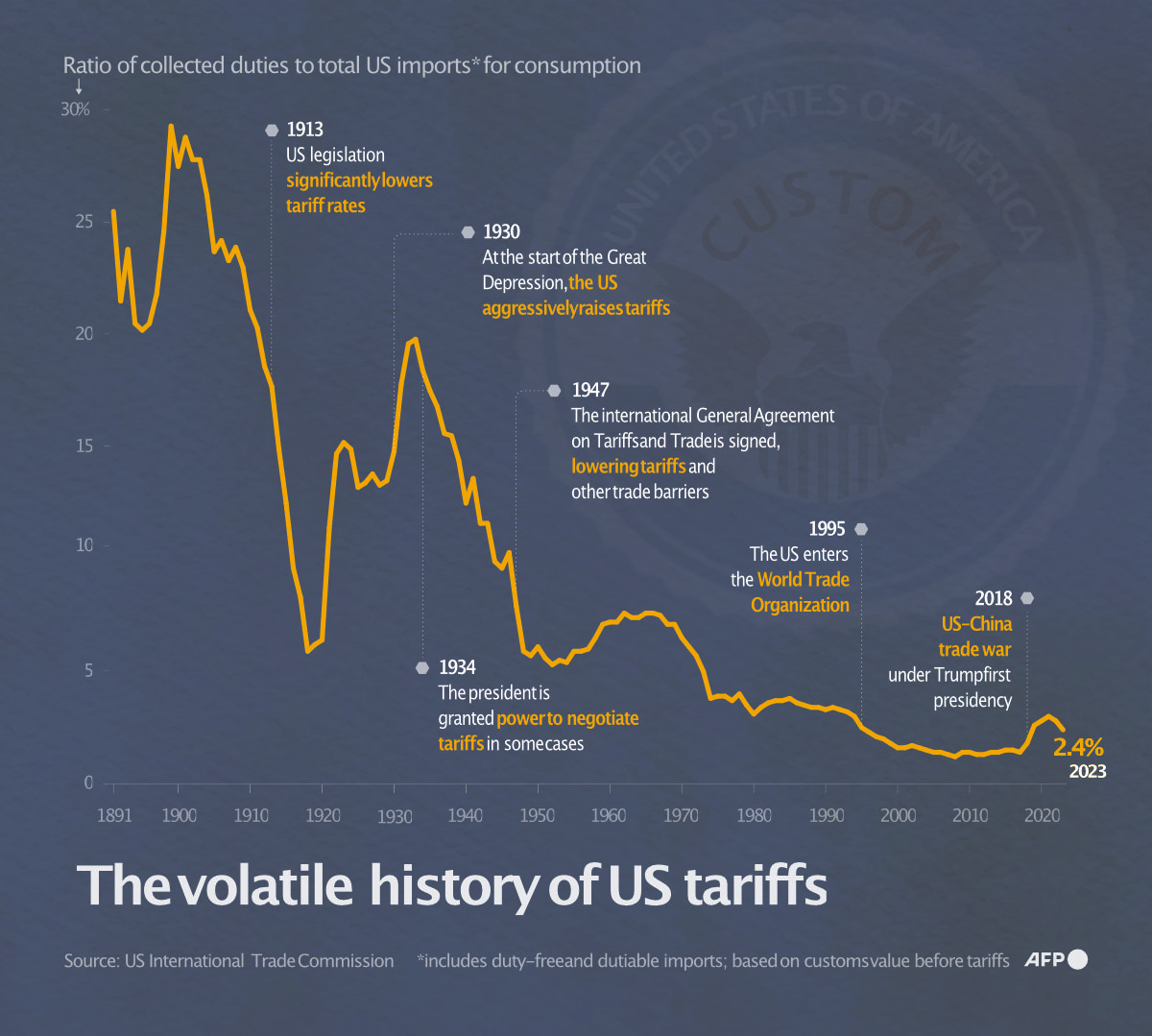KYIV, Ukraine: The US said Tuesday that it had reached a tentative agreement for Ukraine and Russia to stop fighting and ensure safe navigation in the Black Sea in separate talks with both sides, but many details were unresolved, and the Kremlin made the deal conditional on lifting some Western sanctions.
The announcement was made as the US wrapped up three days of talks with Ukrainian and Russian delegations in Saudi Arabia on prospective steps toward a limited ceasefire.
While a comprehensive peace deal still looked distant, Ukrainian President Volodymyr Zelensky praised the talks as the early “right steps” toward a peaceful settlement of the 3-year-old war.
“These are the first steps — not the very first but initial ones — with this presidential administration toward completely ending the war and the possibility of a full ceasefire, as well as steps toward a sustainable and fair peace agreement,” he said at a news conference.
US experts met separately with Ukrainian and Russian representatives in the Saudi capital of Riyadh, and the White House said in separate statements after the talks that the sides “agreed to ensure safe navigation, eliminate the use of force, and prevent the use of commercial vessels for military purposes in the Black Sea.”
Details of the prospective deal were not released, but it appeared to mark another attempt to ensure safe Black Sea shipping after a 2022 agreement that was brokered by the UN and Turkiye but halted by Russia the next year.
“We are making a lot of progress,” US President Donald Trump said Tuesday at the White House. “So that’s all I can report.”
When Moscow withdrew from the shipping deal in 2023, it complained that a parallel agreement promising to remove obstacles to Russian exports of food and fertilizer had not been honored. It said restrictions on shipping and insurance hampered its agricultural trade. Kyiv accused Moscow of violating the deal by delaying the vessels’ inspections.
After Russia suspended its part of the deal, it regularly attacked Ukraine’s southern ports and grain storage sites.
Russian Foreign Minister Sergey Lavrov said in televised comments Tuesday that Moscow is now open to the revival of the Black Sea shipping deal but warned that Russian interests must be protected.
In an apparent reference to Moscow’s demands, the White House said the US “will help restore Russia’s access to the world market for agricultural and fertilizer exports, lower maritime insurance costs, and enhance access to ports and payment systems for such transactions.”
Kirill Dmitriev, Putin’s envoy for investment and economic cooperation, hailed the results of the talks as a “major shift toward peace, enhanced global food security and essential grain supplies for over 100 million additional people.”
Trump “is making another global breakthrough by effective dialogue and problem-solving,” he said on X.
But the Kremlin warned in a statement that the Black Sea deal could only be implemented after sanctions against the Russian Agricultural Bank and other financial organizations involved in food and fertilizer trade are lifted and their access to the SWIFT system of international payments is ensured.
The agreement is also conditional on lifting sanctions against Russian food and fertilizer exporters and ships carrying Russian food exports, and removing restrictions on exports of agricultural equipment to Russia, the Kremlin said.
The deal emphasized that inspections of commercial ships would be necessary to ensure they aren’t used for military purposes.
Zelensky bristled at Russia’s demand for lifting sanctions, saying that doing so “would weaken our position.”
Still, Trump indicated that the US was considering the Kremlin’s conditions: “We’re thinking about all of them right now.”
In an interview Tuesday with Newsmax, Trump considered the possibility that Putin could be stalling on ending the war.
“I think that Russia wants to see an end to it, but it could be they’re dragging their feet,” said Trump, comparing the negotiation to his own experience in real estate. “I’ve done it over the years. I don’t want to sign a contract. I want to sort of stay in the game, but maybe I don’t want to do it.”
A senior official in the Ukrainian government, who is directly familiar with the talks and spoke on condition of anonymity because he was not authorized to comment publicly, said the Kyiv delegation does not agree to lifting sanctions as a condition for a maritime ceasefire and that Russia has done nothing to have sanctions rolled back. The official also said European countries are not involved in the sanctions discussions, despite sanctions being within the European Union’s responsibility.
Ukrainian Defense Minister Rustem Umerov warned that Kyiv would see the deployment of Russian warships in the western Black Sea as a “violation of the commitment to ensure safe navigation” there and “a threat to the national security of Ukraine.”
“In this case, Ukraine will have full right to exercise right to self-defense,” he said.
Halting strikes on energy infrastructure
The White House also said the parties agreed to develop measures for implementing an agreement reached in Trump’s calls with Zelensky and Putin to ban strikes against energy facilities in Russia and Ukraine.
The talks in Riyadh, which did not include direct Russian-Ukrainian contacts, were part of an attempt to work out details on a partial pause in the fighting in Ukraine, which began with Moscow’s invasion in 2022. It has been a struggle to reach even a limited, 30-day ceasefire, which both sides agreed to in principle last week, even while continuing to attack each other with drones and missiles.
After the Trump-Putin call last week, the White House said the partial ceasefire would include ending attacks on “energy and infrastructure,” while the Kremlin emphasized that the agreement referred more narrowly to “energy infrastructure.” Tuesday’s White House statement reverted to the wording used by Russia.
The Kremlin, which has accused Ukraine of breaching the agreement to stop strikes on energy infrastructure, on Tuesday published a list of energy facilities subject to a 30-day halt on strikes that began on March 18. It warned that each party was free to opt out of the deal in case of violations by the other side.
Zelensky noted that significant uncertainties remain.
“I think there will be a million questions and details,” he said, adding that the responsibility for potential violations also remains unclear.
He emphasized that Ukraine is open to a full, 30-day ceasefire that Trump has proposed, reaffirming that Kyiv is “ready to quickly move toward an unconditional ceasefire.”
Putin has made a complete ceasefire conditional on a halt of arms supplies to Kyiv and a suspension of Ukraine’s military mobilization — demands rejected by Ukraine and its Western allies.
The US noted its commitment to helping achieve the exchange of prisoners of war, the release of civilian detainees and the return of forcibly transferred Ukrainian children.
In other developments, the Russian Foreign Ministry warned in a statement that Moscow would not agree to surrender control over the Zaporizhzhia nuclear power plant, Europe’s largest, that Russia captured in the opening days of the invasion.
Trump suggested that Zelensky consider transferring ownership of Ukraine’s power plants to the US for long-term security, while the Ukrainian leader said they specifically talked about the Zaporizhzhia plant in last week’s call.
Cross-border strikes continue
The Russian Defense Ministry said Ukraine had “continued deliberate drone strikes against Russia’s civilian energy facilities.”
One Ukrainian drone attack on Monday knocked down a high-voltage power line linking the Rostov nuclear power plant with the city of Tikhoretsk in the southern Krasnodar region, the ministry said, adding that another drone strike had occurred on the Svatovo gas distribution station in the Russia-occupied Ukrainian region of Luhansk.
Russian state media said six people, including three Russian journalists, died Monday after a Ukrainian missile strike in the Luhansk region.
In Ukraine, the number of people injured Monday in a Russian missile strike in the city of Sumy rose to 101, including 23 children, according to the Sumy regional administration.
The strike on Sumy, across the border from Russia’s Kursk region that has been partially occupied by Ukraine since August, hit residential buildings and a school, which had to be evacuated.
Meanwhile, Russia launched a missile and 139 long-range drones into Ukraine overnight, according to the Ukrainian air force. Those attacks affected seven regions of Ukraine and injured multiple people.










